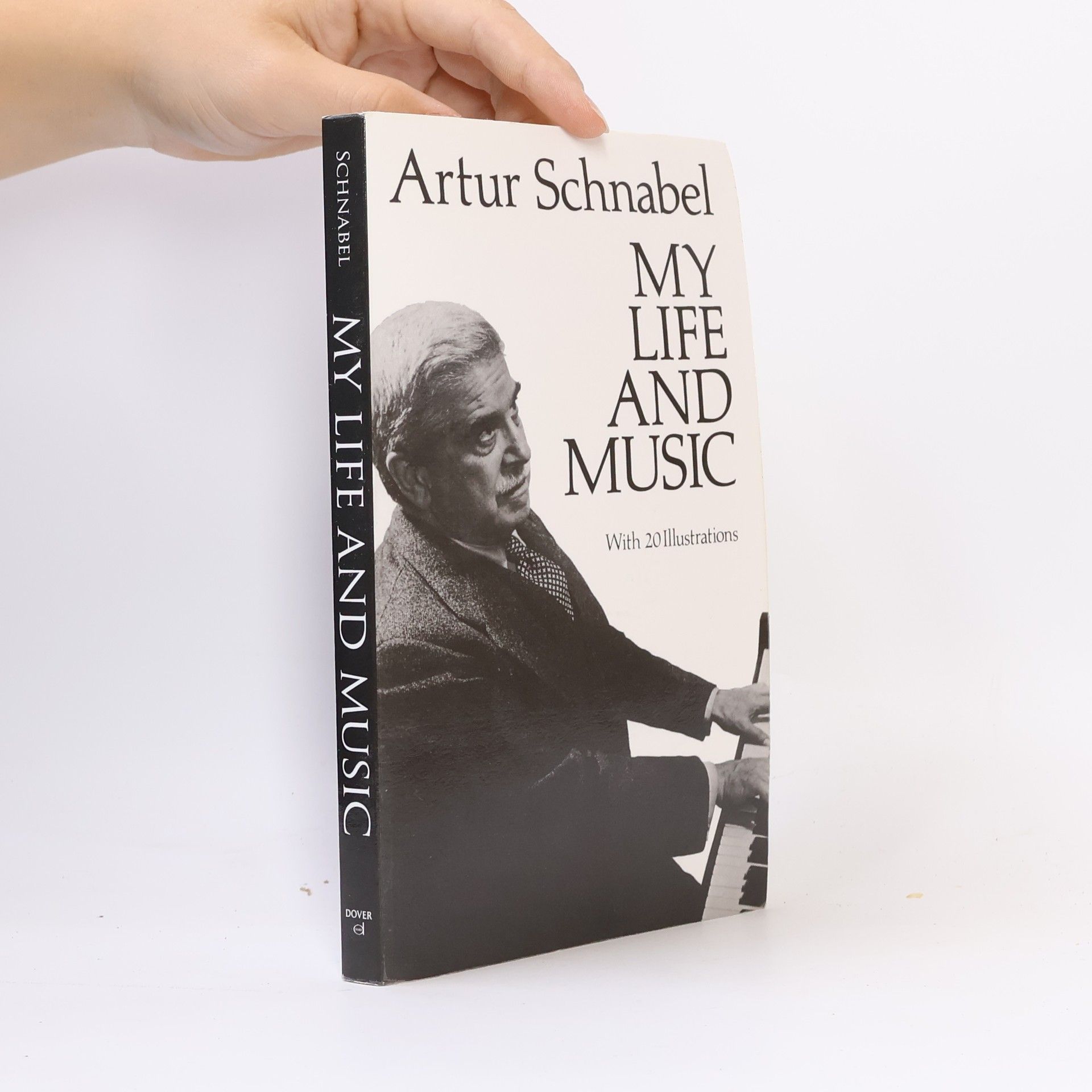Artur Schnabel Book order (chronological)
April 17, 1882 – August 15, 1951
Artur Schnabel was an Austrian classical pianist renowned for his intellectual seriousness, eschewing mere technical bravura. Among the 20th century's most respected pianists, his playing possessed vitality, profundity, and spirituality, particularly in the Austro-German classics like Beethoven and Schubert. His interpretations of these composers were often lauded as exemplary for their profound insight, establishing a benchmark for musical understanding.
